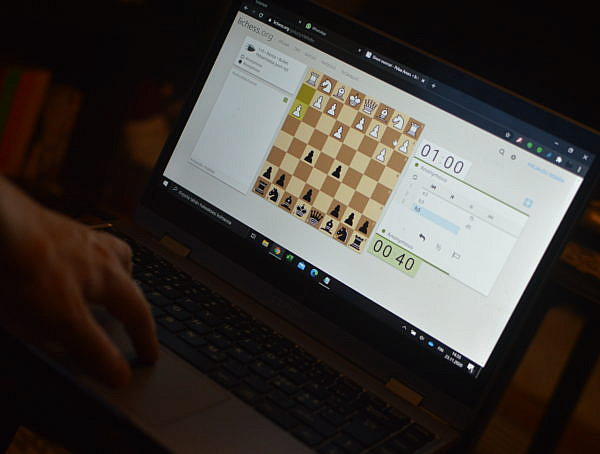Karlie A. Krause, Chelsie Smyth and Kate L. Jansen’s 2020 study “Exploring the Effects of Violent Video Games on Healthcare Trainees” investigates how healthcare trainees’ empathy is affected by playing violent video games. The study was conducted due to the rising concern of long-term exposure to violent video games affecting players’ cognition and behavior. A particularly aggressive behavior and cognition can stem from desensitization. Desensitization theory poses that repeated exposure to anxiety-inducing situations can lessen one’s cognitive and behavioral response to a stimulus. In this case, playing violent games can desensitize players to extreme violence, gore and other sensitive material. Thus, it’s extra important for healthcare workers to be aware of their empathy levels, as it impacts on treatment results, patient satisfaction and their wellbeing and also trust-building.
The study results showed that there’s ultimately no connection between playing violent video games and declining empathy levels. However, playing violent video games did lower players’ personal distress levels.
The study was conducted on 130 healthcare profession graduate trainees, who were recruited in person at the clinical psychology graduate program. The sample included participants from various fields of study, such as Biomedical Sciences, Dentistry, Clinical Psychology, Pharmacy and more. To avoid selection bias, participants were not required to play video games at all to participate. The participants reported five of their favorite games and rated how often they played them on a 1-5 scale (1: never play these games; 5: play these games every day). They also completed Interpersonal Reactivity Index, which measure empathy on following scales: Perspective Taking, Empathic Concern and Personal Distress.
The participants were then divided into three categories based on the level of violence of their favorite video games. They consisted of players playing violent games regularly (ratings 3-4), playing only mild to moderate violent games (rating scores 1-2) and individuals who never played video games or those who have played violent video games only in the past (rating score 1). The second group was excluded from the final analysis since the purpose of the study was to compare empathy levels between violent and non-violent video game players.
The study results may indicate that actively playing violent video games can even be beneficial, as it can build tolerance and resiliency against stressors, and also help physicians perform under pressure. This way work-related stress and anxiety can be targeted towards gaming.
The article ‘Exploring the Effects of Violent Video Games on Healthcare Trainees’ by Karlie A. Krause, Chelsie Smyth and Kate L. Jansen was published in Simulation and Gaming. It can be read from https://doi.org/10.1177/1046878120932298.
The picture “Video Game Violence (55 / 365)” by somegeekintn is licensed under CC BY 2.0. https://search.creativecommons.org/photos/7f87293c-1aba-4c8f-8f92-4b529c5e3823.
You might also like
More from Game Research Highlights
How do you want to do this? – A look into the therapeutic uses of role-playing games
Can playing RPGs contribute positively to your wellbeing? A recent study aims to find out how RPGs are being used …
Eldritch horrors and tentacles – Defining what “Lovecraftian” is in games
H.P. Lovecrafts legacy lives today in the shared world of Cthulhu Mythos and its iconic monsters. Prema Arasu defines the …
Are Souls Games the Contemporary Myths?
Dom Ford’s Approaching FromSoftware’s Souls Games as Myth reveals the Souls series as a modern mythology where gods fall, desires …
















